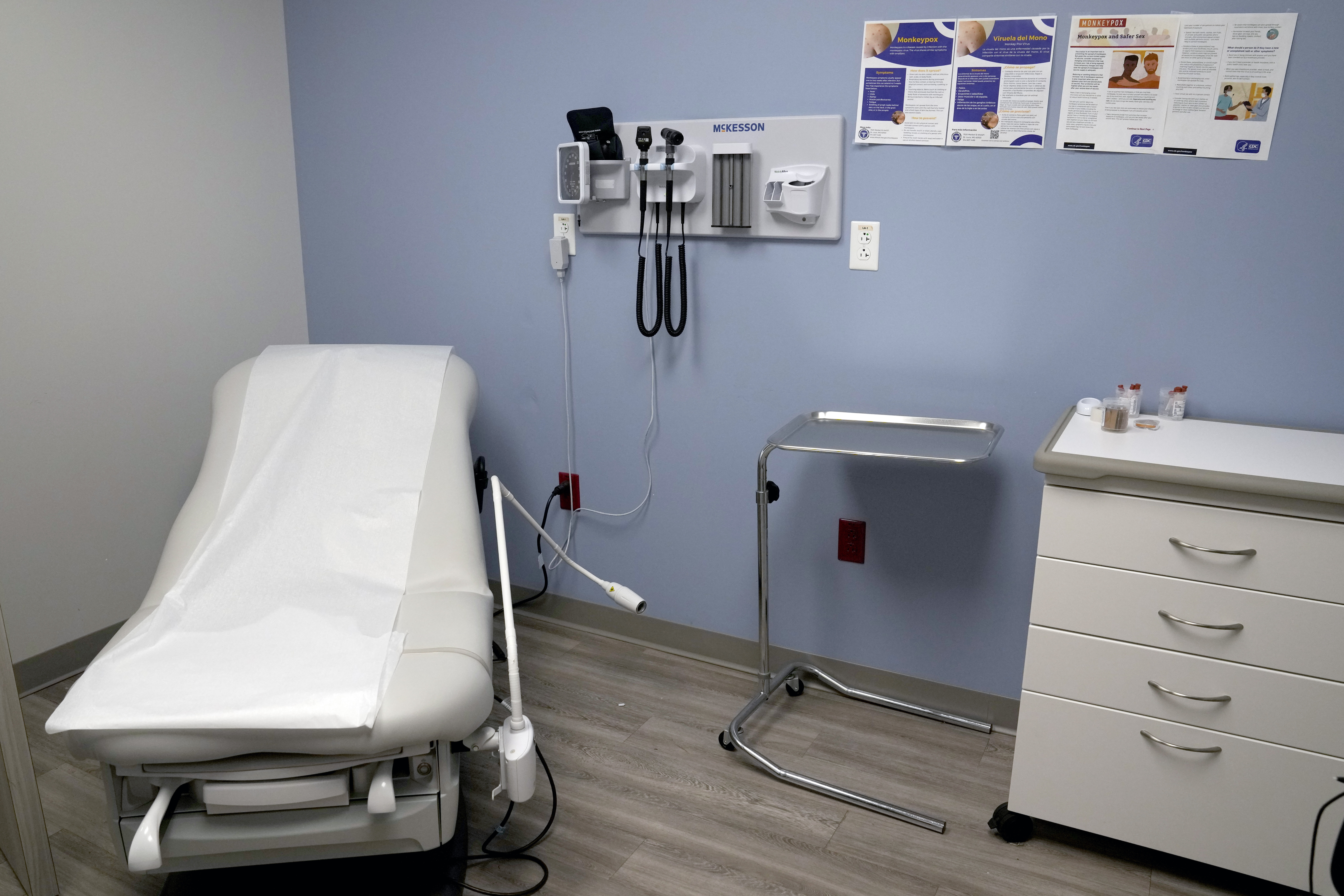The fight for women's equality first had to argue that it was a fight worth having.
Apparently the same goes with giving the movement recognition: "Makers: Women Who Make America" is billed by PBS as an unprecedented account of women's changing lives and the impact on U.S. society over the last 50 years.
"People are shocked by the fact it hasn't already existed. ... It is long overdue," said Gloria Steinem, the enduring face and voice of U.S. feminism. She's among the prominent women featured in the three-hour documentary narrated by Meryl Streep and airing Tuesday (check local PBS stations for time).
We hear from retired Supreme Court Justice Sandra Day O'Connor, who recounts eagerly following up on job leads posted at her law school in the early 1950s, only to be told, "Oh, we didn't mean women. We don't hire women."
Actress-producer Marlo Thomas tells of reading Betty Friedan's "The Feminine Mystique," the 1963 on-switch for contemporary feminism's so-called second wave, and realizing there were "masses of women" who wanted more from life than marriage and children.
There are other famous voices heard, but the documentary's broad reach includes the struggles of lesser-known women, and its illustration of how restricted women's opportunities were at nearly every juncture. Think early "Mad Men," nonfiction version.
"Movements, as I've ever said, come from the bottom up, not the top down, like a tree," Steinem said. "So it was important to me that this record the women people don't know and should know."
U.S. & World
The day's top national and international news.
Among them is Katherine Switzer, who managed in 1967 to crack the officially male-only world of distance running. Her boyfriend intervened when an incensed race official tried to physically oust her, a scene memorably captured by news photographers and shown in the documentary.
"I started the Boston Marathon as a girl and I finished the Boston Marathon as a grown woman," she says in the film. The Amateur Athletic Union didn't formally accept female participation in its sanctioned marathons, including Boston, until 1971.
In the mid-1960s, flight attendants filed complaints with the then-nascent U.S. Equal Employment Opportunity Commission over airline age restrictions: A woman could expect to be automatically fired at 32 because, as one recalls being told, that was "too old."
Lorena Weeks, a Georgia phone company worker who applied for a higher-paid job reserved for men, was told by her boss that men are the breadwinners, and that if she got the job, other women would expect the same chance. She pushed back, using the courts.
Barbara Burns, seeking higher wages than she could earn in the waitress and cashier positions routinely open to women, fought against sexual harassment as she became one of the first female coal miners in the United States.
Efficiently (if sometimes too quickly) condensing the complexities of a developing movement, "Making" covers the change from Friedan's relatively restrained view of feminism to the more sweeping agenda of grassroots, youth-driven "women's liberation."
As Steinem puts it, Friedan wanted to join society as it existed, while younger feminists sought to change the world.
Black-and-white film clips show an entrenched refusal to accept that civil rights could be violated on the basis on gender as well as race. Prominent TV journalists, Harry Reasoner and Eric Sevareid among them, derided the notion of "women's lib," with Reasoner seen giving a mea culpa for his off-target prediction that groundbreaking Ms. magazine would quickly fold. (The magazine turned 40 last year.)
The documentary also addresses how white, middle-class women and working-class minorities responded differently to the movement, as well as some activists' deliberate exclusion of lesbians they viewed as a threat to feminism's mainstream acceptance.
Others, such as conservative activist Phyllis Schlafly, were outsiders by choice, casting feminism as a dangerous attack on women and traditional family life. It was personally insulting, as another opponent says in the film, with the stinging implication that "if we had a brain in our head, we couldn't be happy changing that baby's diaper."
Last year, as a precursor to the documentary, PBS and AOL launched MAKERS.com, an interactive video platform that showcases a growing collection of women's stories.
Why the generic "Makers" title for the project and film?
"I think 'Makers' gives you the sense that this is still a movement. This is still moving forward, and specifically we didn't put the word 'women' in there because we wanted it to be inclusive," said project founder and executive producer Dyllan McGee, who worked with filmmakers Betsy West and Peter Kunhardt.
Aileen Clarke Hernandez, among the first members of the EEOC and a founder and early president of the National Organization for Women, said the past must be understood for progress to continue.
"We have not made it. We have not made it by any way. So we have a lot of work to do, and we need the young people to know the history," she told a news conference.
The battle is only half-won, as Steinem sees it, with much-debated reproductive as well as economic rights unsettled. Any social justice movement takes a century to become an entrenched part of society, she said, and this one can be stopped.
"The very same people who used to say to me, 'This is crazy. It's against God, nature, Freud,' whatever, the same people will say, 'Oh, that used to be necessary. But it's not anymore.'"



